In the fight against Covid, what can states do?
As the country continues to battle Covid-19, several states have attempted to take matters into their own hands. For example, as of July 13, the Sabah and Sarawak state governments allowed dine-in at eateries, despite not being allowed to do so under the federal government’s National Recovery Plan (NRP).
Both states have moved from Phase 1 to Phase 2 of the NRP, whereas the NRP only permits dine-ins for states in Phase 3.
Separately, some have called on local governments in Selangor to use their powers to take stricter measures against factories. The Local Government Act 1976 gives power to local governments to issue operating licences to factories.
So local councils – which receive instructions from the state government – could withdraw licences for factories to operate, superseding the letters that some factories received from the Ministry of International Trade and Industry (Miti) allowing them to continue operating under the enhanced movement control order (MCO).
These incidents call into question the overlapping and conflicting powers of the federal and state governments in Malaysia, which have arisen multiple times since the start of the MCO issuances in March 2020.
Can the states contest nationally-set rules with regard to the MCOs and on what grounds can they do so? What can federal and state governments do better – separately and together – in addressing the public health and economic crises we currently face?
How can cooperative federalism, where both federal and state governments work together flexibly to achieve common goals, be put into action?
Contestation and conflict between federal, state and local governments
First, all MCOs in the country are currently issued under federal law, specifically under the Prevention and Control of Infectious Diseases Act 1988 (PCIDA).
Because a corresponding order defines the “infected area” to include all states and the three federal territories of Malaysia, one legal interpretation is therefore that all states must comply with the MCOs as gazetted by the Attorney-General’s Chambers.
Further, Article 81 of the Federal Constitution requires that states must “comply with federal law to not prejudice or impede the executive authority of the federal government”.
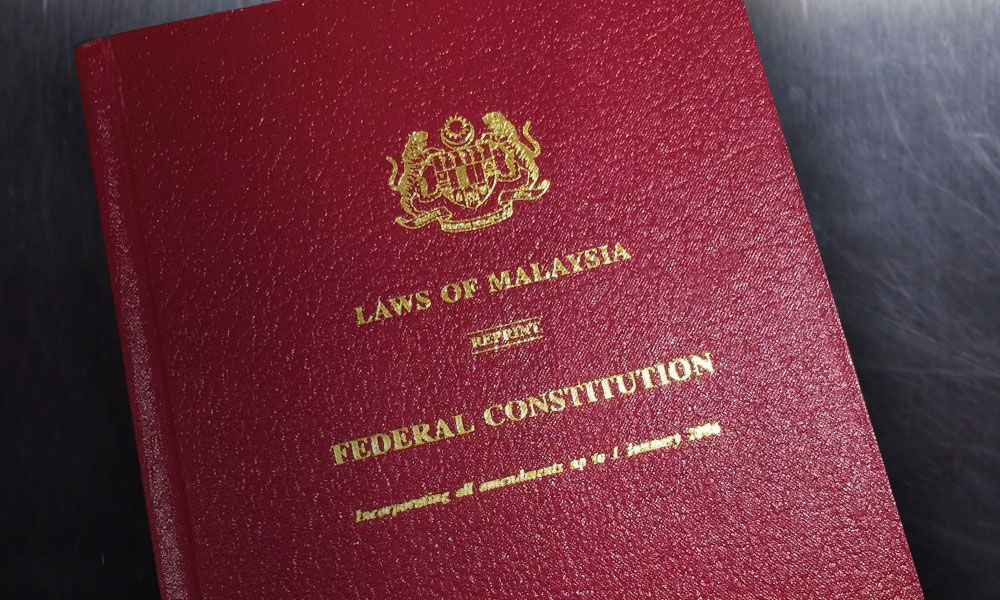
However, an alternative view (that I previously wrote about here) is that the Federal Constitution places public health, sanitation and prevention of infectious diseases within the Concurrent List in the Ninth Schedule, which means that both federal and state governments must jointly decide on these matters.
And since all laws need to adhere to the supremacy of the Constitution, even the PCIDA and all regulations related to it should have had joint state approval. That the states were not meaningfully consulted on the regulation of these MCOs (whether full MCO, enhanced MCO, recovery MCO or otherwise) could be a matter for future debate.
Secondly, what has been obscured by the thicket of government jargon is that the NRP is not grounded upon any law or federal Act. It is just a plan – for now.
Because of this – and precisely because federal and state governments constitutionally have joint jurisdiction over public health, sanitation and prevention of infectious diseases, there is a strong argument to be made that state governments can interpret the finer details of what is entailed within the NRP, either jointly with or separately from the federal government.
Sabah’s Deputy Chief Minister Jeffrey Kitingan has also urged for Sabah to enact state legislation over public health, to avoid confusion over the matter.
Third, it is certainly important to consider the role played by local governments. The Local Government Act 1976 grants local governments a wide array of powers, including the ability to preserve public health and prevent the outbreak and spread of diseases, to regulate and enforce quarantine and the disinfection of persons and of places and things.
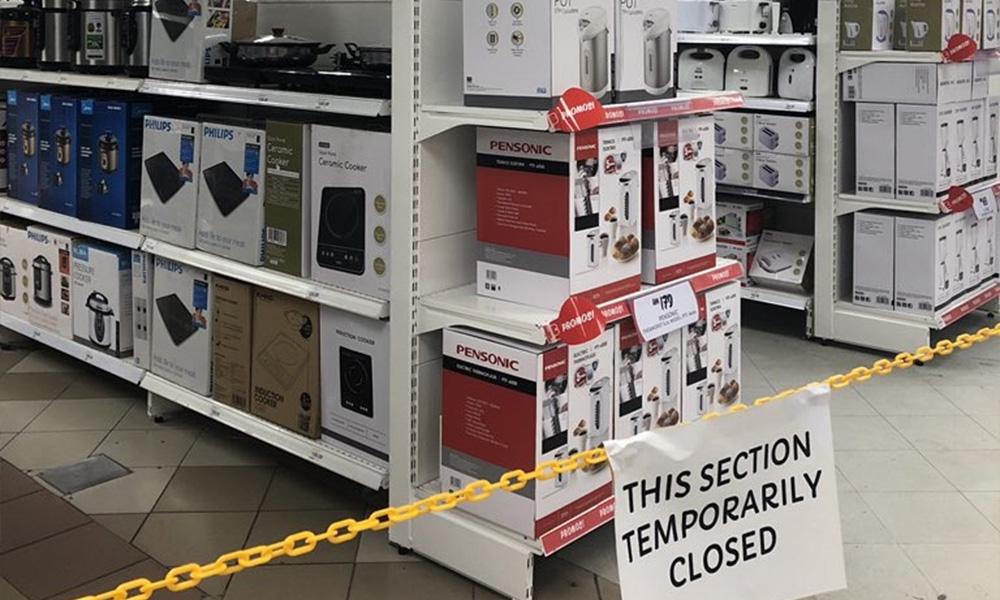
Equally relevant is their authority to regulate business operating hours and to set conditions for issuing licences and permits.
While it is true that state governments can direct local councils to withdraw or suspend operating licences from factories as urged by some, this however may not be an ideal move as withdrawals are of a permanent nature and may cause unnecessary bureaucratic hurdles in re-issuing them again.
This would also send a negative signal to investors already jittery about the worsening business conditions in the country, given the prolonged political instability.
Strengthening shared rule and self-rule
What, then, can state and local governments do in the fight against Covid-19? In considering available options, one must consider how to strike that often delicate balance between shared rule and self-rule, where shared rule refers to how subnational units like states can participate in decisions that concern the entire nation, and self-rule refers to the extent to which states can decide, finance and implement their own policies.
First, the federal government must incorporate state governments meaningfully into the decision-making process. What Finance Minister Tengku Zafrul Abdul Aziz as the Coordinating Minister for the NRP must now do – if not already being done – is to consult directly with all heads of state governments, regardless of their political affiliation, on a daily or weekly basis.
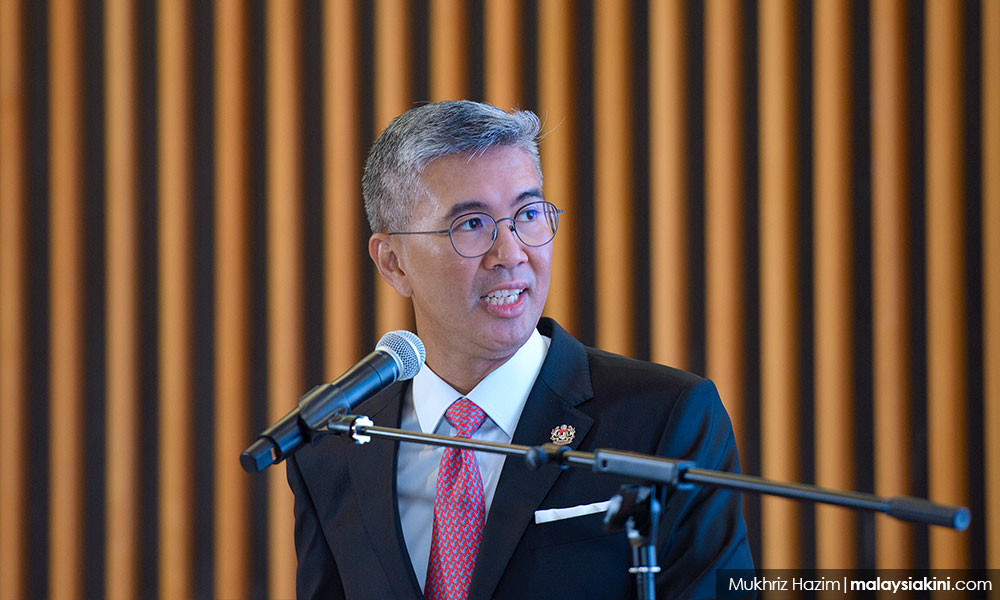
However, some questions remain. Will this replicate or replace the role currently played by the National Security Council? Will NRP updates be provided publicly and transparently? Instead of duplicate federal bodies that make top-down decisions, a Federal-State Pandemic Council should be set up immediately that makes states equal partners with the federal government.
Regardless of institutional set-ups, a free flow of data must be exchanged regularly between federal and state governments with regard to:
- Sources of infection (raw data, as well as analysed data on clusters, positivity rates and more)
- Testing (location, number and types of tests being carried out)
- Vaccination (location, number and types of vaccinations being given)
This includes a regular exchange of data from respective state government mobile applications, such as Selangor's SELangkah.
Second, as called upon by many, the federal government must decentralise the vaccination process more widely. Again, it is a good thing that states like Selangor have begun trying to procure their own vaccines independent of the federal government’s National Covid-19 Immunisation Programme.
States can independently procure vaccines if they have the resources to do so. State governments (and through private initiatives like Pikas) should also be allowed to embark on massive vaccination education programmes, including public relations campaigns to discourage vaccine hesitancy, which is still a problem, especially in the more rural constituencies.
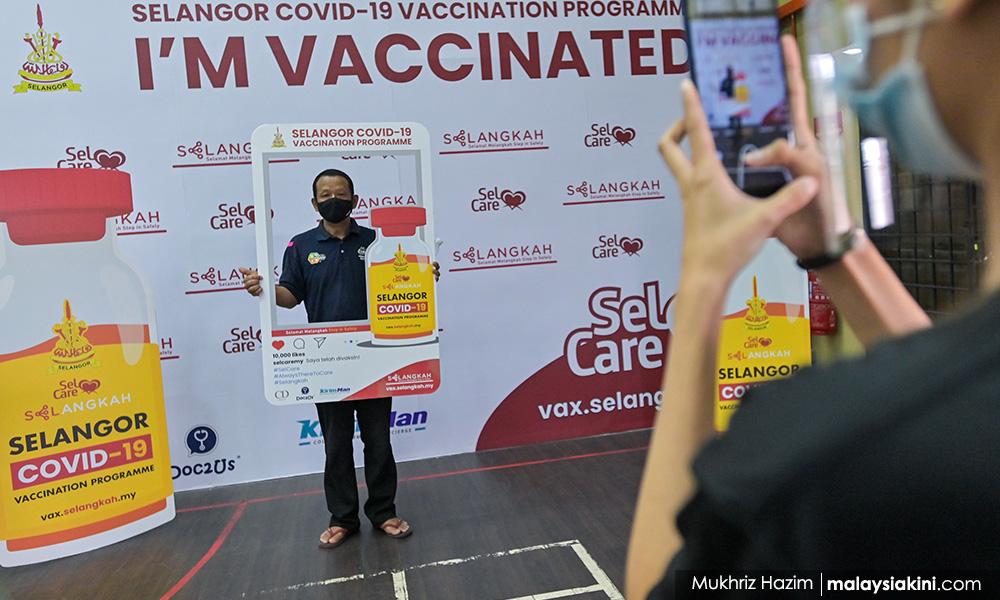
Third, the federal government should consider devolving some of the decision-making over lockdowns and loosening up of lockdowns to state governments. State and local governments are in closer proximity to the affected areas and are thus in better positions to make informed decisions over potential highly infectious areas.
This is premised on subsidiarity, which is the principle that a central authority should have a subsidiary function and perform only those tasks that cannot be performed at a more local level. Successful pandemic management in some states may further incentivise other states to mimic best practices.
Conversely, state and local governments should also be empowered to decide over loosening strict lockdowns, especially in green zones where small businesses should be allowed to operate.
Small traders and micro, small and medium enterprises (MSMEs) in low-risk districts should not have their livelihoods adversely affected if it is safe for them to operate.
Instead of painting the entire state as high-risk, more detailed and systematic analysis over which districts or regions within states are safe should be conducted.
Strict compliance of SOPs (for instance, not crossing between districts) can be monitored, but within those green bubbles – and the geographic lines can be jointly determined between local and state governments – activities should be allowed to operate.
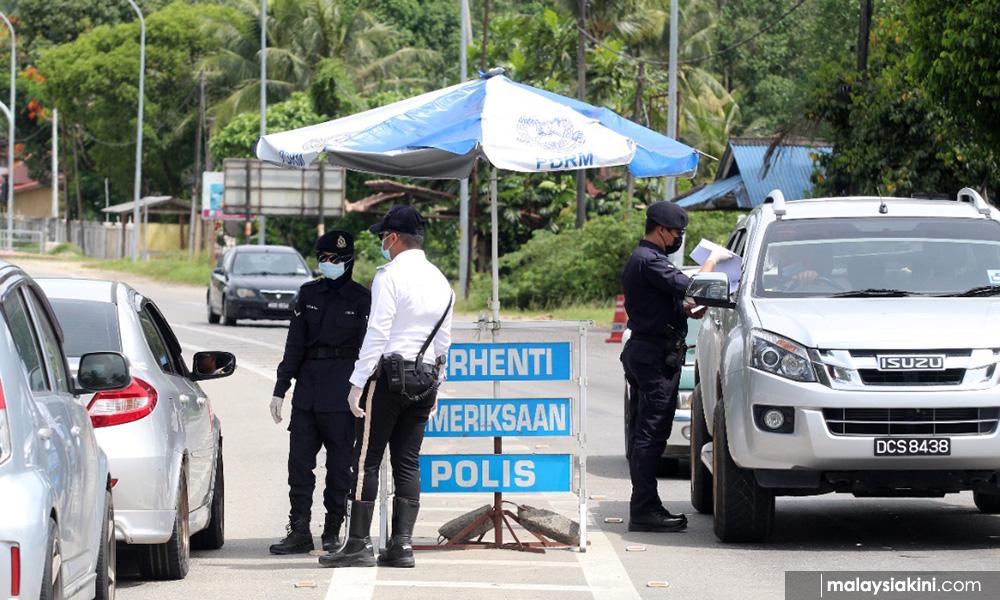
Schools within these green bubbles should therefore also be allowed to reopen. On this note, all teachers and educators should be given priority in the national vaccination programme.
Emergency as a wild card – and long-term planning
On a final note, there may be questions arising as to the impact of the emergency on state rights. No regulation or plan was actually implemented by the federal government with regard to combatting Covid-19 itself.
But because the current emergency extends throughout the country, the federal government could therefore dictate state government behaviour and step into state public policy matters, which includes how state governments manage the NRP.
Hence, if the federal government wants to, it could legally step in to take action against the Sabah and Sarawak state governments under the guise of the emergency.
However, this will be greatly unpopular, especially since the emergency is slated to end in less than a month from now, on Aug 1.There is a possibility that the present federal government will request for the emergency to be extended, but this would be a foolish move by all measures.
Finally, over the longer term, there should be a consideration over moving Medicine and Health from the Federal List in the Constitution to the Concurrent List.
As of July 2021, public hospitals in the Klang Valley are critically short of medical equipment (which private initiatives such as this have resorted to raising funds for).
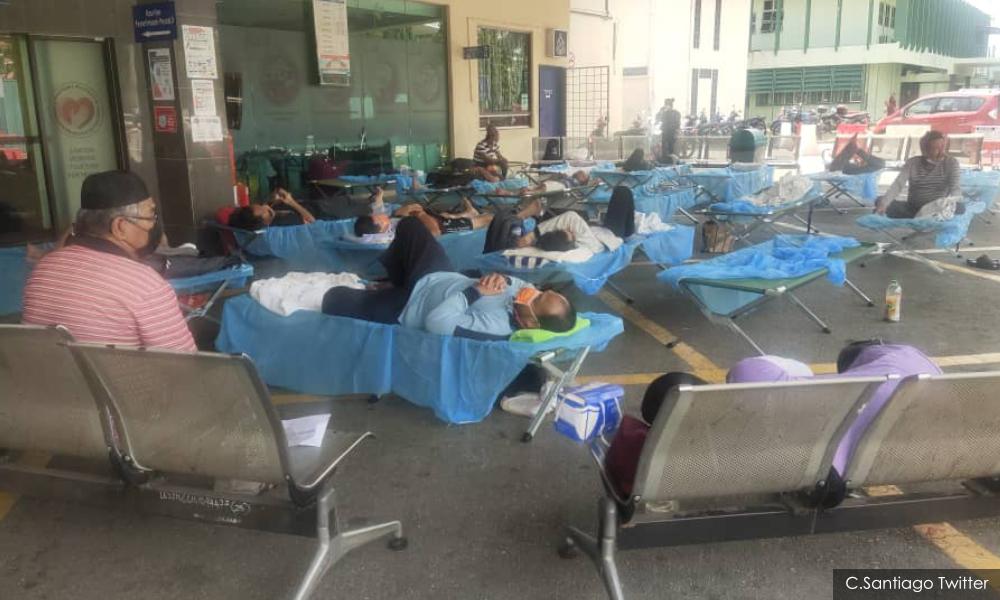
A state like Selangor which has adequate financial resources to support such distressed hospitals would be able to contribute funds, which it currently is not permitted to.
Malaysia needs to prepare for future pandemics or medical emergencies. Emerging from Covid-19, the public healthcare system will require innovative and sustainable financing.
The Covid-19 pandemic continues to pose important questions as to the dynamics of the relationship between the federal and state governments in Malaysia. Developments over the last one and a half years reveal that it is time for a thorough review to be done over the Ninth Schedule.
In our highly administratively centralised government, steps can be taken in the immediate future to consider how some – not all – public policy or health policy areas can be decentralised to state and local governments for increased efficiency, effectiveness, responsiveness and equity.
While national standards and norms can be set by the centre, state and local governments should be empowered with the capacity, skills and knowledge to implement these regulations. A national crisis is a good time to begin the decentralisation planning process. - Mkini
TRICIA YEOH is the CEO of the Institute for Democracy and Economic Affairs (Ideas). She is also a PhD candidate at the University of Nottingham Malaysia.
The views expressed here are those of the author/contributor and do not necessarily represent the views of MMKtT.
✍ Credit given to the original owner of this post : ☕ Malaysians Must Know the TRUTH
🌐 Hit This Link To Find Out More On Their Articles...🏄🏻♀️ Enjoy Surfing!




















Post a Comment